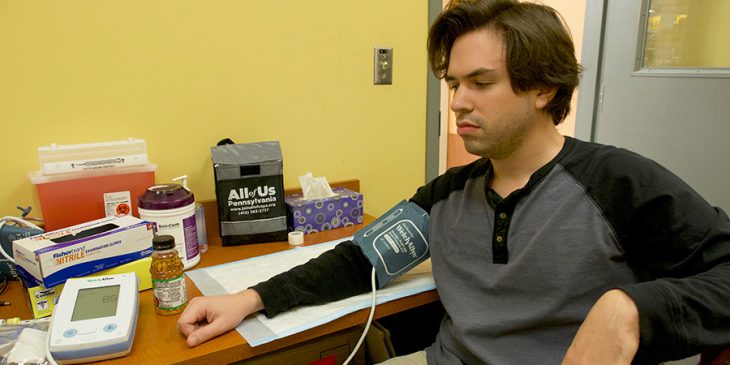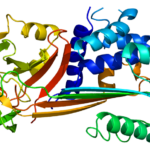In May 2018, the National Institutes of Health (NIH) officially launched the All of Us Research Program with aspirations to change the future of health care.
In conjunction with this initiative, the University of Pittsburgh School of Medicine is a key partner of the NIH through its regional effort, the All of Us Pennsylvania Research Program (AoU PA), which has registered over 17,000 participants so far.
The program is a national study aimed at gathering data from 1 million people across the country to help researchers better understand how factors like lifestyle, environment and genes influence health and disease. AoU PA strives to enroll between 100,000 and 120,000 Pennsylvanians to contribute to the goal.
In order for the data to truly represent “all of us,” the NIH has focused its efforts on recruiting participants from traditionally underrepresented populations into the study. Currently, gaps in research on ethnic minorities and other historically underrepresented populations make it difficult to recognize factors that may contribute to a person’s risk for disease.
“Studies can gather data from as many participants as they want, but if this data only applies to a specific group, then researchers could be missing out on important findings,” said co-investigator of the All of Us Pennsylvania study Dr. Mylynda Massart, assistant professor of family medicine at Pitt.
The lack of data on certain population groups’ risk factors for disease demonstrates just one example of the lack of diversity in research. A study published in Nature in 2016 (“Genomics is failing on diversity”) found that of the 2,511 recently published papers on human genomics, only 19% of the studies involved participants of non-European descent. By not having a diverse range of study participants, the studies likely missed out on identifying genetic markers in populations of non-European descendants that indicate high risk for a certain disease.
While most studies focus on one specific disease or population, the findings from All of Us will function as a national research resource to inform thousands of future studies on various illnesses and groups.
Determining the impact of these factors will allow for the practice of precision medicine — an emerging approach to health care where doctors and researchers more accurately predict which treatment and prevention strategies will work for which diseases in which groups of people.
“Precision medicine is truly the future of health care and every participant in All of Us will help to shape that,” Massart said.
AoU PA has seven standing enrollment centers and hosts frequent pop-up events in additional locations. Interested participants can enroll online or in person and will be asked to provide physical measurements as well as blood and urine samples at the time of their scheduled appointment.
For further information or to find a location, visit the AoU PA website or call 800- 664-0480 to speak with a representative.









